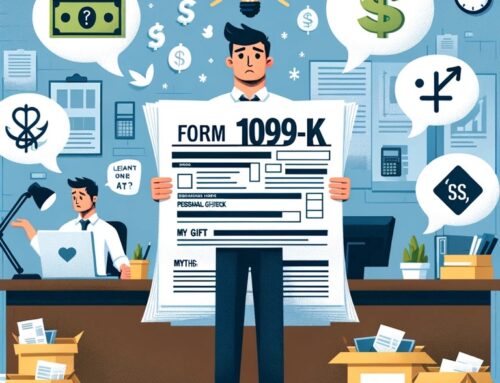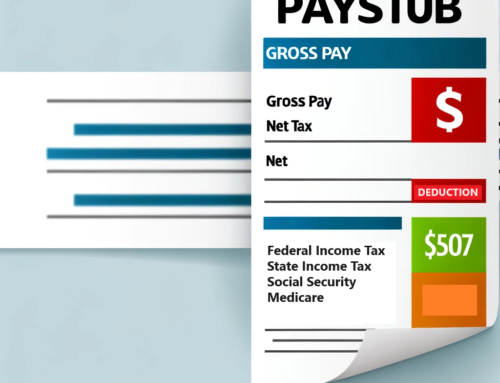Most taxpayers get a refund from the Internal Revenue Service when they file their tax returns. For those who don’t get a refund, the IRS offers several options to pay their tax bill.
Here are eleven tips for taxpayers who owe money to the IRS.
1. Tax bill payments If you get a bill from the IRS this summer that shows you owe late taxes, you are expected to promptly pay the tax owed including any penalties and interest. If you are unable to pay the amount due, it may be better for you to get a loan to pay the bill in full rather than to make installment payments to the IRS. That’s because the interest rate and penalties the IRS must charge by law are often higher than what lending institutions may be offering.
2. Electronic Funds Transfer You can pay your tax bill by electronic funds transfer, check, money order, cashier’s check or cash. To pay using electronic funds transfer, use the Electronic Federal Tax Payment System by either calling 800-555-4477 or using the online access at www.eftps.gov.
3. Credit card payments You can pay your bill with a credit card. Again, the interest rate on a credit card may be lower than the combination of interest and penalties the IRS must charge. To pay by credit card contact one of the following processing companies:
– WorldPay US, Inc. at 888-9PAY-TAX (or www.payUSAtax.com),
– Official Payments Corporation at 888-UPAY-TAX (or www.officialpayments.com/fed), or
– Link2Gov Corporation at 888-PAY-1040 (or www.pay1040.com).
4. Additional time to pay Based on your circumstances, you may be granted a short additional time to pay your tax in full. A brief additional amount of time to pay can be requested through the Online Payment Agreement application at IRS.gov or by calling 800-829-1040. There generally is no set up fee for a short-term agreement.
5. Installment Agreement You may request an installment agreement if you cannot pay the total tax you owe in full. This is an agreement between you and the IRS to pay the amount due in monthly installment payments. You must first file all required returns and be current with estimated tax payments.
6. Apply Using Form 9465 You can complete and mail an IRS Form 9465, Installment Agreement Request, along with your bill using the envelope you received from the IRS. The IRS will inform you (usually within 30 days) whether your request is approved, denied, or if additional information is needed.
7. Apply Using Online Payment Agreement If you owe $50,000 or less in combined tax, penalties and interest, you can request an installment agreement using the Online Payment Agreement application at IRS.gov. You may still qualify for an installment agreement if you owe more than $50,000, but you are required to complete a Form 433F, Collection Information Statement, before the IRS will consider an installment agreement.
8. User fees If an installment agreement is approved, a one-time user fee will be charged. The user fee for a new agreement is $105 or $52 for agreements where payments are deducted directly from your bank account. For eligible individuals with lower incomes, the fee can be reduced to $43.
9. Offer in Compromise IRS is now offering more flexible terms with its Offer-in-Compromise (OIC) Program. An OIC is an agreement between a taxpayer and the IRS that settles the taxpayer’s tax debt for less than the full amount owed. An OIC is generally accepted only if the IRS believes, after assessing the taxpayer’s financial situation, that the tax debt can’t be paid in full as a lump sum or through a payment agreement.
10. Check withholding Taxpayers who have a balance due may want to consider changing their Form W-4, Employee’s Withholding Allowance Certificate, with their employer.
11. Fresh Start The IRS has a program to help struggling taxpayers get a fresh start. Through the Fresh Start program, individuals and small businesses may be able to pay the taxes they owe without facing additional or unnecessary burden.
For more information about payment options or IRS’s Fresh Start program, visit IRS.gov. IRS Publications 594, The IRS Collection Process, and 966, Electronic Choices to Pay All Your Federal Taxes, also provide additional information regarding your payment options. These publications and Forms 9465 and W-4 can be obtained from IRS.gov or by calling 800-TAX-FORM (800-829-3676).
Source: IRS.gov



Leave A Comment
You must be logged in to post a comment.